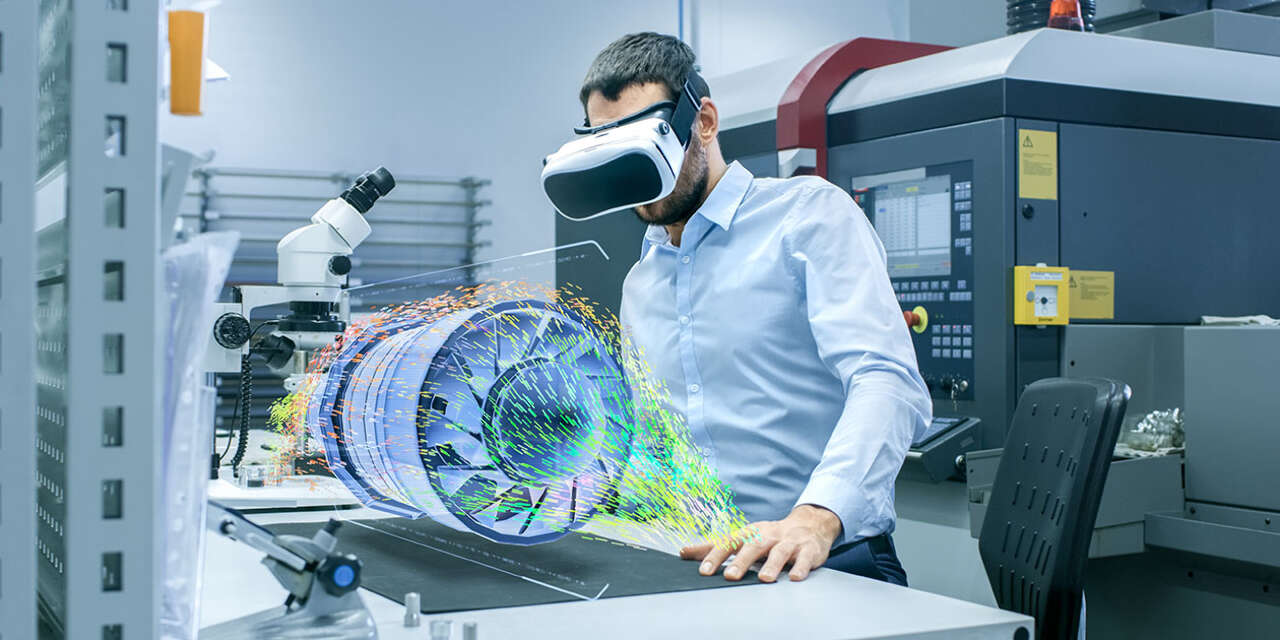Overview
Overview
This course is designed for graduates from a four-year Engineering undergraduate degree not accredited by Engineers Australia in a related discipline.
The course is not suitable for graduates of a four-year undergraduate degree, with Engineers Australia accreditation in the same discipline. Those holding an EA accredited qualification and seeking a masters level qualification in the same discipline are encouraged to consider applying for entry to the Master of Philosophy or Master of Engineering Management.
Direct entry to this course is available if you have a four-year engineering qualification in a discipline related to your intended major. Otherwise, you may need to complete the Graduate Diploma in Professional Engineering prior to enrolling in this course.
Applicants seeking entry who do not hold a four year Engineering degree are required to first complete the one-year Graduate Diploma in Professional Engineering.
Professional engineers apply their knowledge and skills to design innovative solutions to engineering problems, often using technology.
The Master of Professional Engineering equips you with the technical knowledge, skills and professional competencies that allow you to work as a professional engineer upon graduation.
During this course, you must gain at least 12 weeks of exposure to engineering professional practice and keep a formal log book to record your experience.
In your final year, you will complete a major research or design project that will draw upon and integrate knowledge and skills attained through the course.
You can choose one of the following majors to customise your degree:
- Chemical Engineering
- Civil Engineering
- Embedded Systems Engineering
- Emerging Power Systems Engineering
- Telecommunications and Networking Engineering
- Mechanical Engineering
- Mining Engineering
- Metallurgical Engineering
- Petroleum Engineering
- Software Engineering
What you'll learn
- fluently apply engineering techniques to novel problems demonstrating sound disciplinary knowledge operational limits and error analysis and critical validation of engineering tools
- actively engage in opportunities to lead the development and implementation of engineering solutions to complex social and industrial challenges
- conduct engineering management of projects incorporating respectful partnerships with local First Peoples and other diverse cultures as globally responsible citizens managing stakeholder expectations and applying sound business planning
- develop and document engineering prototypes, solutions and specifications to industrial, fundamental and applied design and research problems addressing issues of local, national and international relevance
- communicate engineering processes and decisions effectively in engineering teams using an adaptive approach to technologies
- develop and maintain professional networks and work ethically and responsibly to progress their career as a professional engineer

